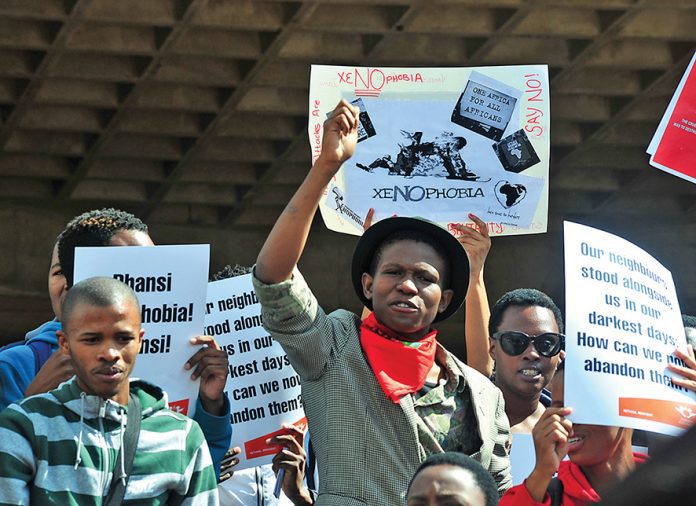Eminent African thinker and leader Kwame Nkrumah profoundly said, “the forces that unite us are intrinsic and greater than the superimposed influences that keep us apart”.
This quote is always apt but more so during Africa Month.
This year is special in that our country ended the national state of disaster after just over two years of living under lockdown conditions due to Covid-19. For the first time in a while, fans were able to return to sports venues, many events were restored to near full capacity, and at the University of Limpopo we hosted in-contact graduations in the first week of May.
However, the chilling effects of the lockdown will take much longer to reverse. In the meantime, economic realities are likely to keep turning Africans against each other, while the older patterns of the slave trade, colonial oppression and exploitation remain unattended to.
Tragically, we continue to see clashes between South Africans and fellow Africans in economically depressed parts of our country.
Accused of trading in areas traditionally dominated by local entrepreneurs due to anti-competitive practices, taking jobs from locals or pure criminality, foreigners from the continent continue to bear the brunt of attacks that sometimes turn violent.
As insensitive as it would be to dismiss the concerns of those who blame their economic woes on foreigners, it is equally counterproductive to blame all crime and economic misfortunes of South Africans on fellow Africans.
Illegal immigration, in the same breath, is more a function of ineffectual state institutions than the inherent quality of Africans. It is also the reflection of an economy that has failed to keep up with labour market dynamics, leaving most of its population out of the economic equation.
As expedient as dealing with illegal migration might be, on the 59th anniversary of the African Union (AU), Africans – including South Africans – can do better than point fingers at each other, let alone attack one another over the problem. There were 281 million international migrants in 2020, according to the UN Department of Economic and Social Affairs’ Migrant Stock 2020 data, at least 200 million of whom were in the economically active age bracket of 20 to 64.
The forces that unite us should compel us to seek ways to collaborate with one another. Our continent’s best brains should get together to work out African solutions to this human challenge. Universities and other institutions of higher learning and research must craft programmes to help society with insights that can lead to lasting solutions. Governments, community leaders, activists, investors and entrepreneurs are staring at their best opportunity to innovate for sustainable socio-economic change.
Why not agree to set aside certain industries in townships and villages for locals, such as the manufacture and installation of solar panels to relieve these parts of South Africa of the devastating effects of load-shedding?
How about lobbying or pressuring investors and local governments to establish localised enterprises to produce and supply local supermarkets with such basics as milk, bread, or personal protective equipment – creating millions of jobs in the process? Why not work with the UN and the AU to tackle the causes of migration or raise funds to provide social services for migrants, especially asylum seekers and refugees?
These are many ways to address the issue of migration. Whatever these are, we as Africans are going to have to figure them out together united, not divided.
- Kgomoeswana is executive director of marketing and communication at the University of Limpopo
Follow @SundayWorldZA on Twitter and @sundayworldza on Instagram, or like our Facebook Page, Sunday World, by clicking here for the latest breaking news in South Africa. To Subscribe to Sunday World, click here.



